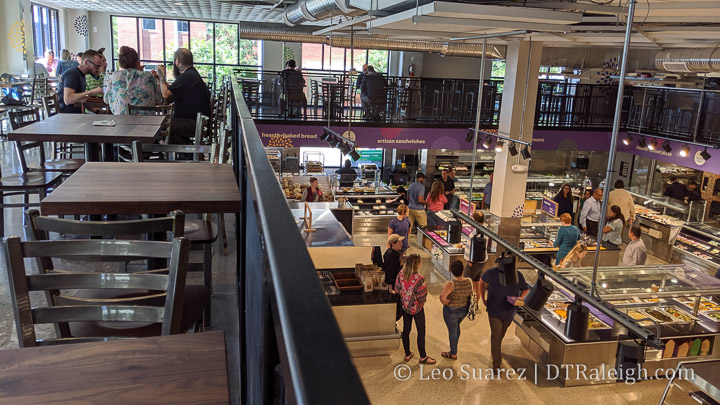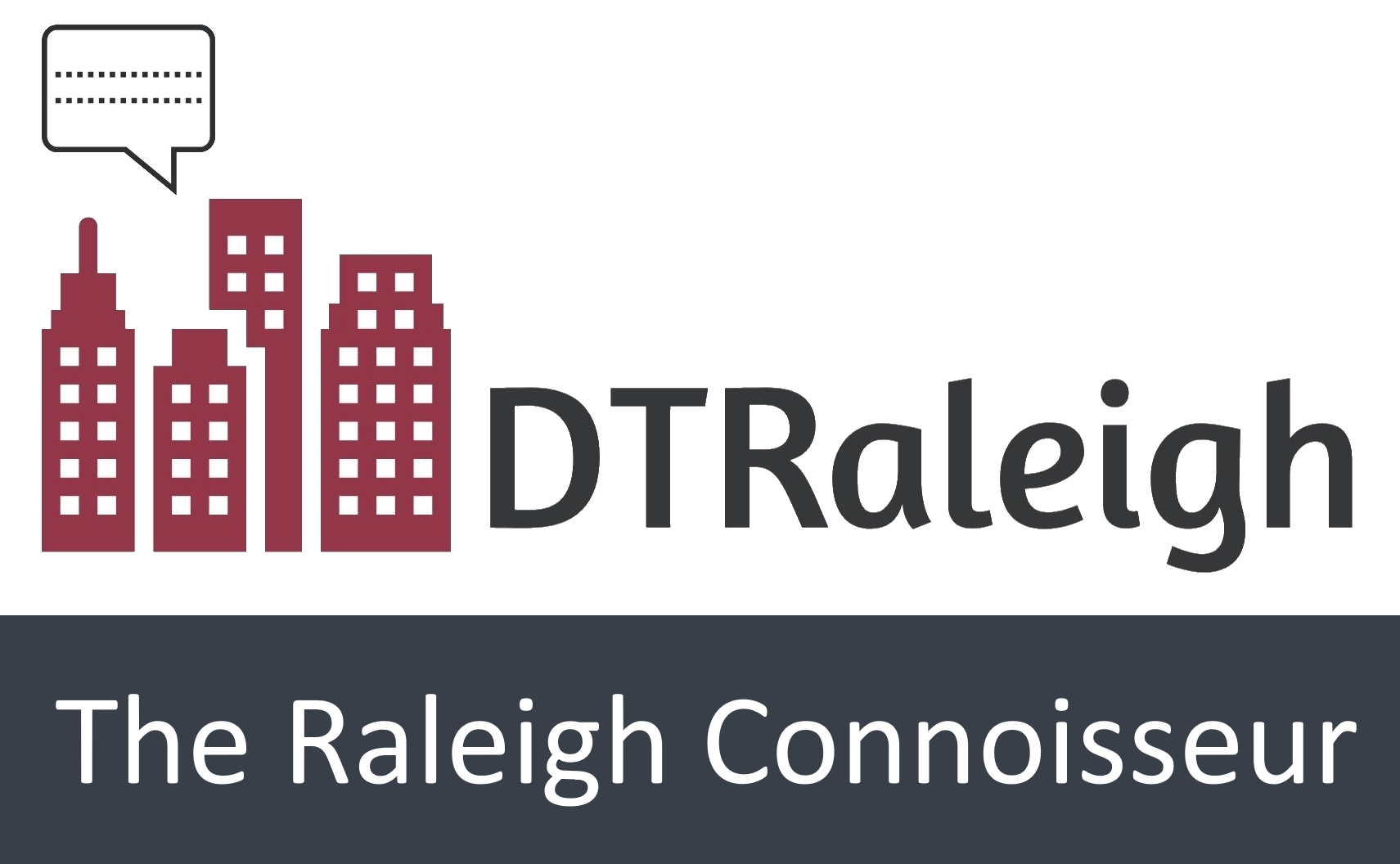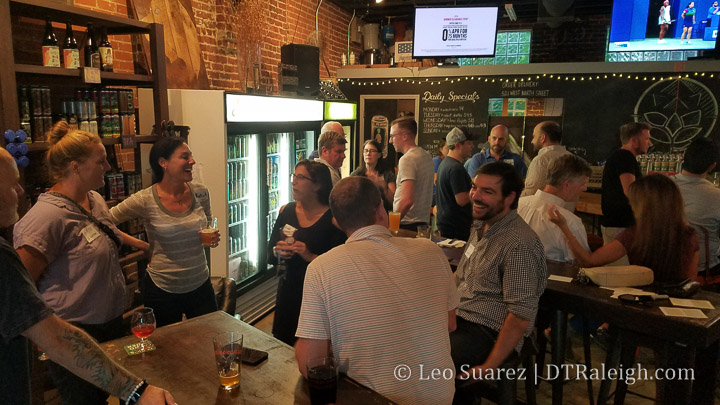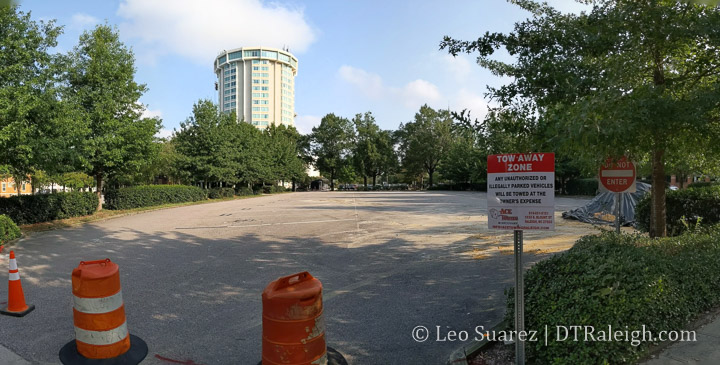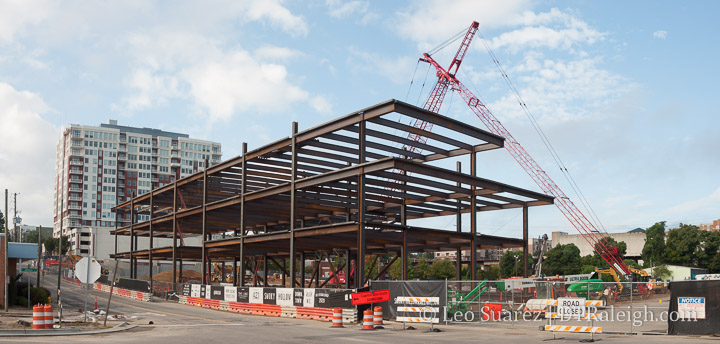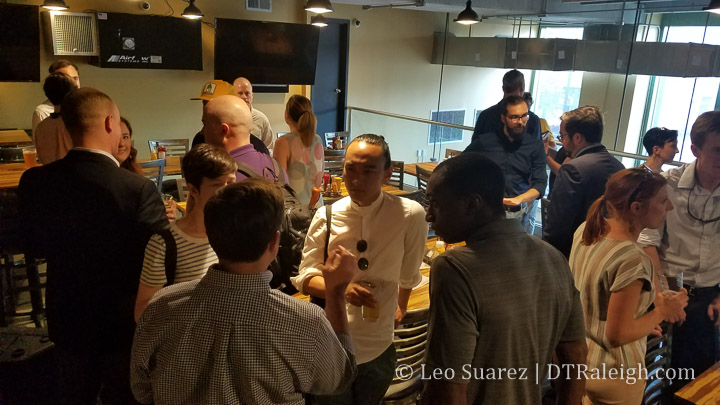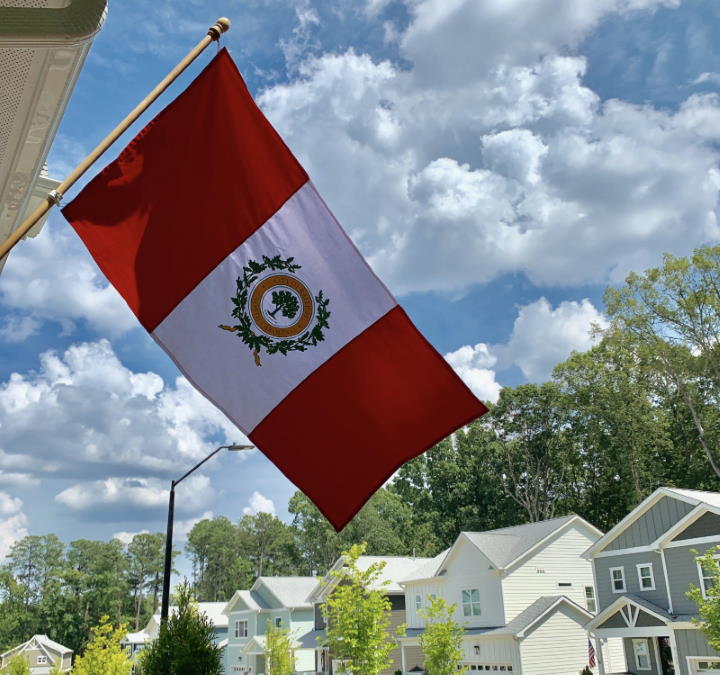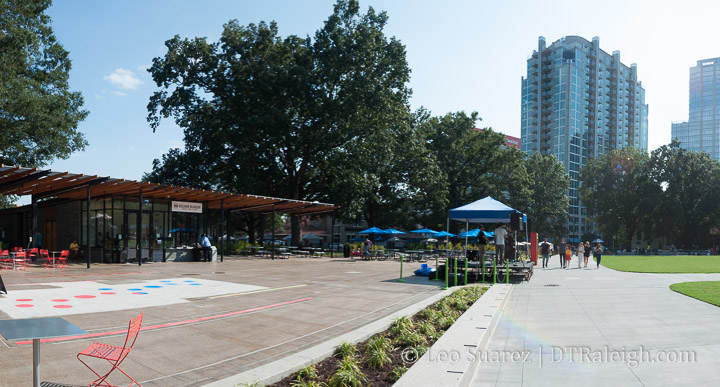Starting this week, myself and a group of passionate Raleigh residents are ready to show off a new way to get engaged. We’re calling it Downtown CAC and we think this new effort will resonate with long-time civic activists as well as newcomers who want to get involved. You might even have fun in the process!
Jump over to our website to get right into it and I encourage readers to sign up for the newsletter to stay up-to-date. Our kickoff event is on Aug 29 so please join us in person as well!
Inspired by the community that has formed over on the DTRaleigh Community, a group has come together to find a way to get more people attending the Raleigh Citizen Advisory Councils. (CAC) These meetings, which all Raleigh residents are part of one, are the best way to get engaged with what is happening in your city and more specifically, what is happening near where you live.
Find your CAC here!
The meetings contain updates from the police, parks, city planning, and more. The CACs even get to weigh in on issues regarding rezonings or transit. That feedback makes its way to our city council so your voice is heard by decision makers front and center.
The issue we see is that downtown Raleigh is made up of several CAC boundaries, see the map above. Downtown residents feel a part of the downtown as a whole and not really a part of a specific CAC so public engagement could be diluted to a degree.
With a virtual effort, our Downtown CAC, we are making more people aware of the CAC system and how to participate on specific issues.
More updates and information to come through our website. If you’d like to know more, please don’t hesitate to reach out.
